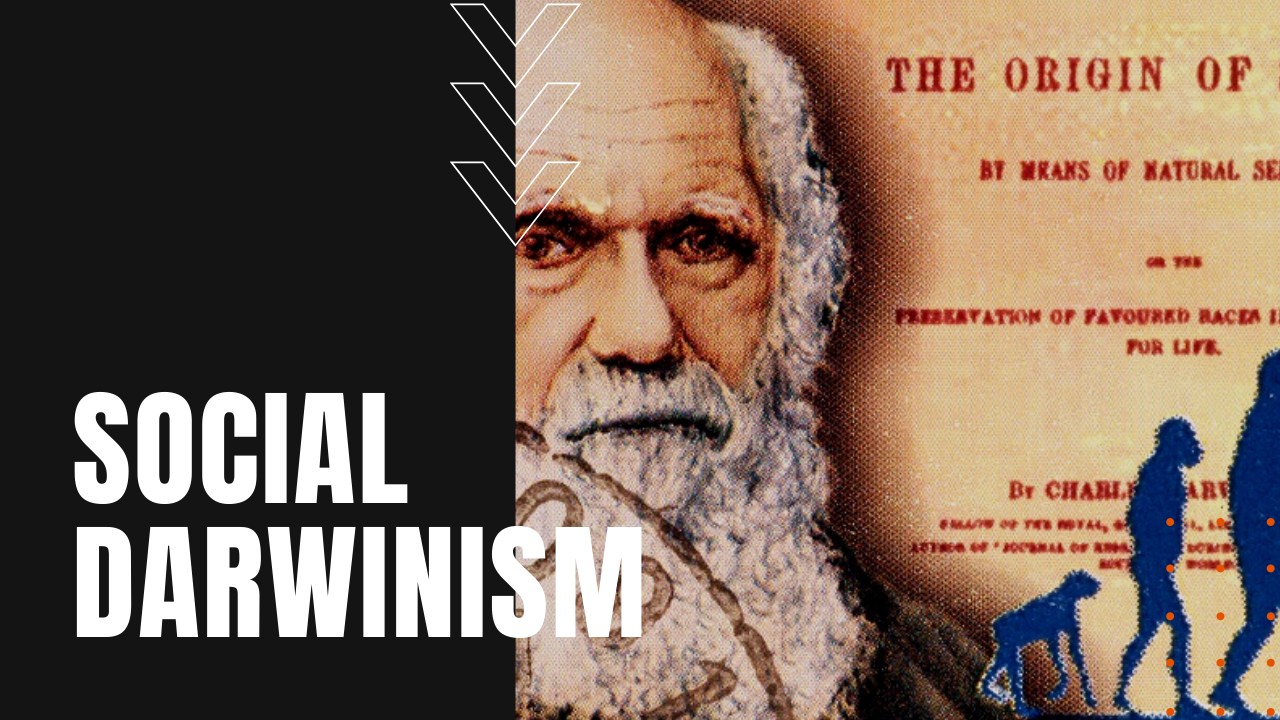What is Social Darwinism? From Natural Selection to Unnatural Selection

According to Darwin’s groundbreaking publication entitled On The Origin of Species, only plants and animals who dominate and evolve in their given environment will survive to pass their genes on to the next generation. In an attempt to make his ideas understood by the public at large, Darwin referenced sociologists Herbert Spencer’s “struggle for existence” with Darwin’s now-famous tag line, “survival of the fittest,” which prompted Spencer to draw parallels between Darwin’s scientific ideas and those of laissez-faire or unregulated capitalism during the Industrial Revolution, purporting that only the fittest humans would rise to the top, while the poor and genetically unfit would ultimately remain at the bottom.
Social Darwinism Spawns Eugenics Movement
When Social Darwinism became popular in the late 1800s, British scholar Sir Francis Galton proposed a new science of improving the human race by weeding out the weakest “undesirables” in a given society. Known as eugenics, the movement first caught on in the United States during the first part of the twentieth century, when 32 states passed laws resulting in the forced sterilization of some 64,000 Americans, including immigrants, people of color, the mentally ill, as well as weak-minded women of child-bearing age.
When Adolph Hitler came to power, he professed that the survival of the Aryan raced depended on an unpolluted gene pool, leading to the mass extermination of ethnic groups deemed unfit for Germanic procreation. Hitler’s “final solution” led to the holocaust of World War Two, when Nazi Germany exterminated more than six million Jews, gypsies, Poles, Soviets, disabled people and homosexuals.
Gene-Editing Darwinism
Today, with the advent of gene-editing techniques such as CRISPR, many critics believe that Social Darwinism may someday be on the rise again, when and if parents are allowed to edit the genetic traits of their yet unborn children, making Social Darwinism an ongoing moral and ethical debate over Darwin’s original definition of the term,
“survival of the fittest.”
Charles Darwin
